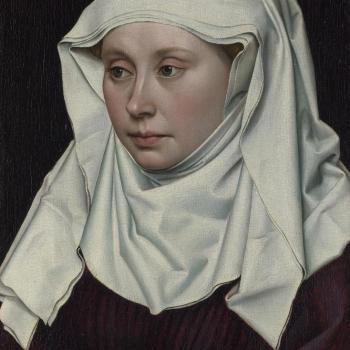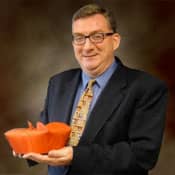Hecker was a workaholic, and he apparently suffered a nervous breakdown in the 1870s that affected his behavior. One observer noted his impatience with "opposition and contradiction," but also his "marvelous openness of heart."
Hecker, of course, never realized his dream of converting America. The defensiveness of Church leaders frustrated him. As illness forced him to relinquish Paulist leadership; he disliked the move toward conventional parish work. A decade after his death in 1888, a cloud of suspicion rose over him as Pope Leo XIII condemned "heretical tendencies" in America. Although Hecker wasn't actually named, Leo warned against an "undue emphasis" on the Holy Spirit's role in the life of the individual, a key component of Hecker's thought.
But time (and Vatican II) has vindicated Hecker, whose movement toward sainthood was recently initiated. He has much to say to modern seekers. Like them, he was politically conscious, explored world religions, took nothing for granted, and sought to fulfill basic human needs for truth, freedom, and love. In the age of what John Paul II called the "new evangelization," Hecker reminds Catholics not to write off the "unchurched," but emphasize shared experiences and common premises; in other words, meet them "where they're at," and travel with them on their journey.





